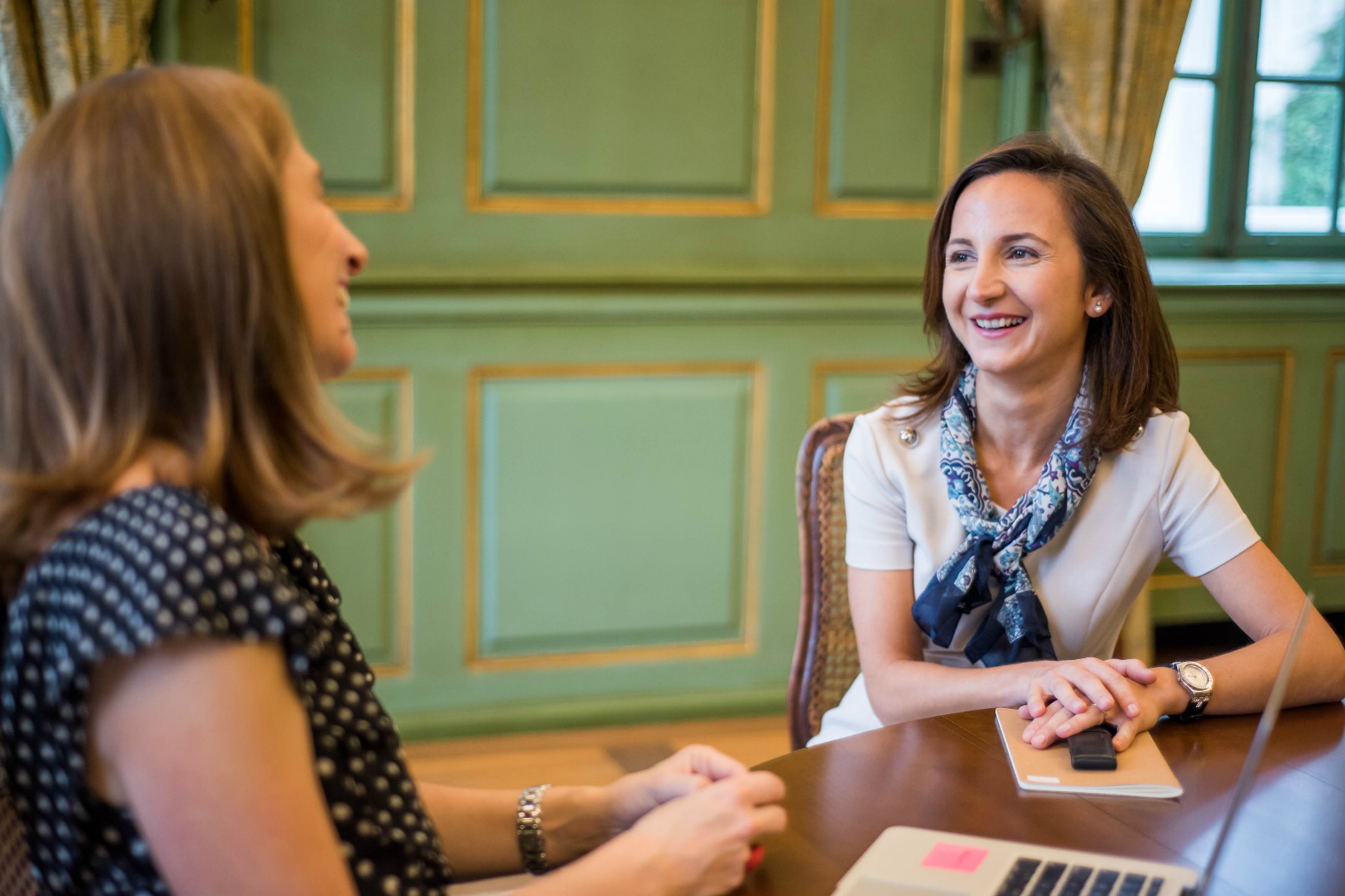How to Build Effective Mentoring
Today, let’s talk about a topic we all want to discuss, yet most of us struggle to determine its true value.
- How many times have you been automatically assigned a mentor inside an organization?
- How many times have you seeked someone out?
- How many times have you found value in your mentorship relationship?
There is absolutely no doubt that sponsorship inside an organization makes a difference for how one experiences their environment. This was the case for baby boomers and it will be for generations to come. Sponsorship, though, is vastly different than mentorship, and we do ourselves an injustice by using the two terms interchangeably.
- Should organizations have mentorship programs?
- Should organizations pride themselves on “owning” and “setting up” mentor relationships?
- Should employees play an active role in their mentor’s selection?
A lot of questions come to mind…
Mentorship is surely an effective method for helping less experienced individuals develop certain knowledge and skills sets, and abilities; however, we need to highlight the fact that mentorship is more about the relationship than anything else. The number one key to establishing a successful mentoring relationship is creating trust, and then “clearly defining roles and responsibilities, establishing short- and long-term goals, using open and supportive communication, and collaboratively solving problems.”
In her study, Toward Improving the Effectiveness of Formal Mentoring Programs: Matching by Personality Matters, Christine Menges of Ruskin University reports very clearly “Organizations establish formal mentoring programs to advance personal and professional development, but not all relationships between mentors and protégés deliver these results. Based on the similarity-attraction paradigm, it is proposed that protégés receive more career and psychosocial support if mentors and protégés have similar personalities.”
Why? Because mentorship is about safety and learning. When one individual connects with another, the expectation is to be vulnerable in that relationship, to ask questions they cannot ask anywhere else, and share experiences regarding gender, culture, religion, balance, and management issues…all those things we typically don’t want to talk to just anyone about. That’s the power of mentorship: trust and vulnerability.
We need to stop pretending we do people good by assigning them mentors they have nothing in common with. Those relationships don’t get any deeper than “I have a list of questions” during a 30 minutes coffee break every now and then. Those relationships do not stretch or grow people. Nor do they have any impact inside an organization.
If we are really going to use mentorship to develop our people, we need to put a bit more ‘care’ into how we design and execute our models.
As organizations and work in general evolve into 21st century models, as people live and work more dispersed and diversely across geographies, and more workers leverage technology to get their jobs done, we need to consider multi-faceted mentorship ecosystems that’ll have a meaningful impact on people’s lives as they embark on their own journeys.
Mentorships built on solid relationships can deliver actionable perspective and serve as catalysts to help others discover what’s best for themselves. With time, a relationship of reciprocity can be built, where both mentor and mentee share and celebrate a lifetime of experience and achievement.
Which Leadership Behaviors Drive Positive Employee Outcomes?

Leaders are a key element of any workplace: they playRead more…




Comments are closed.